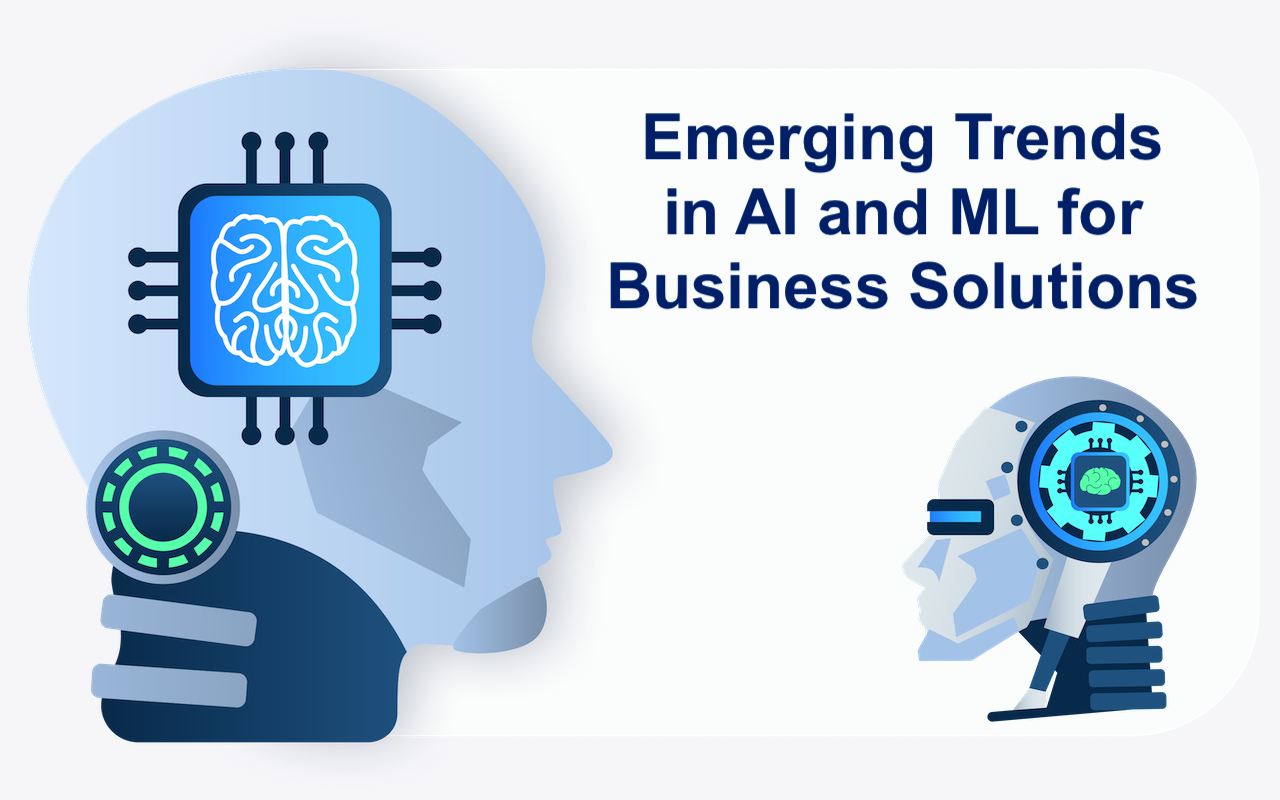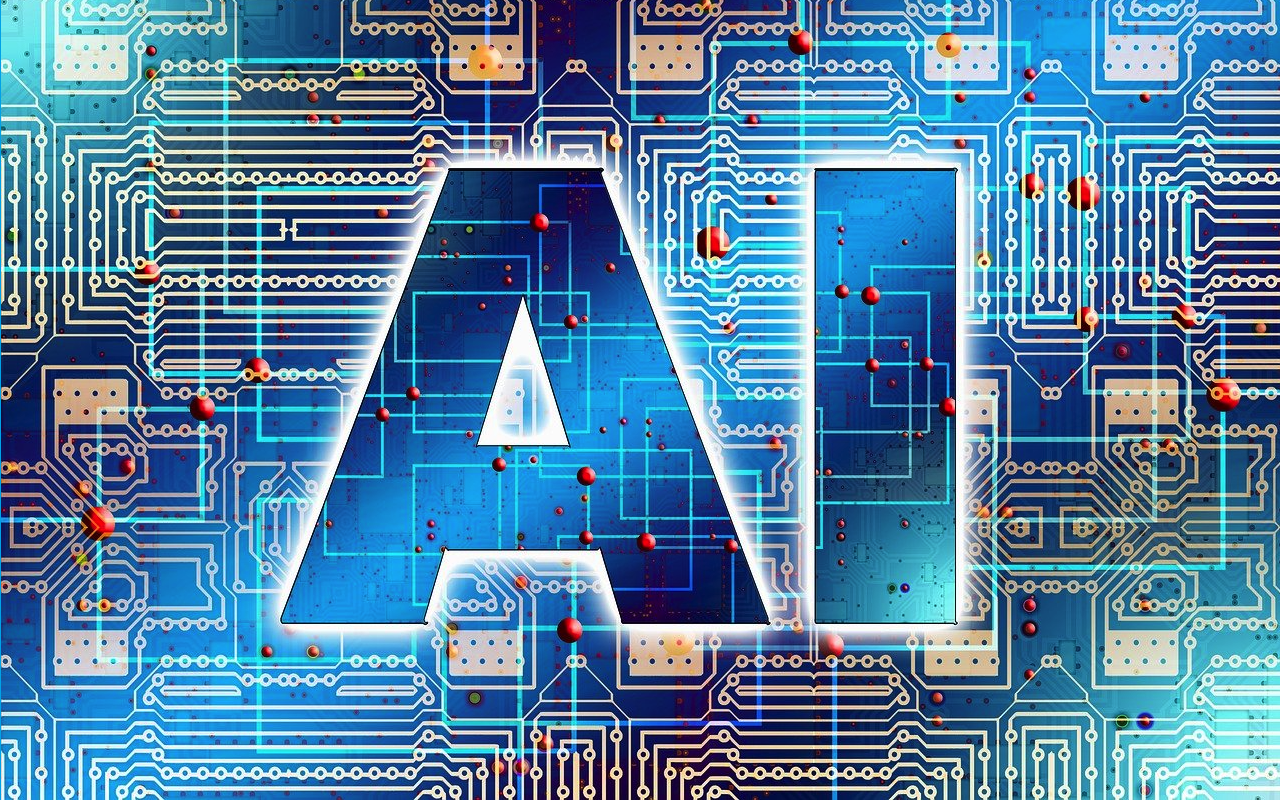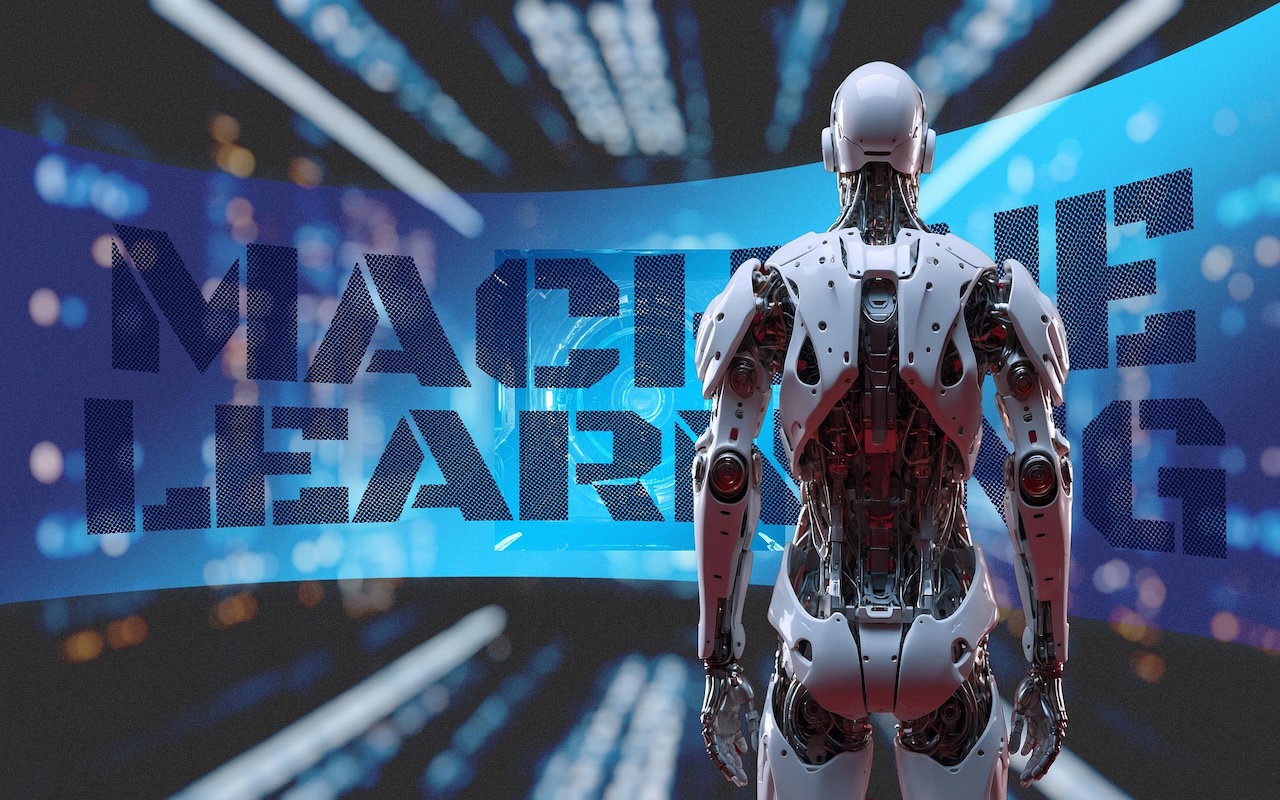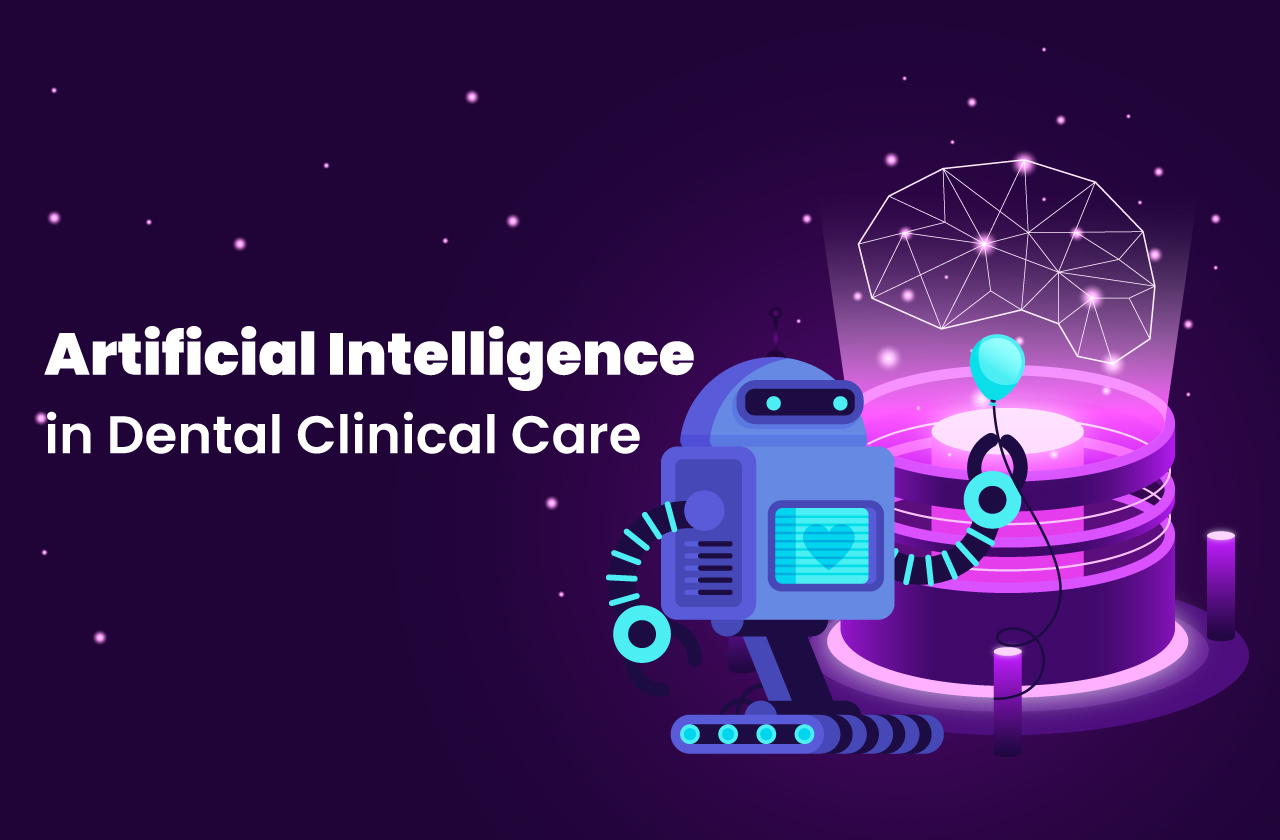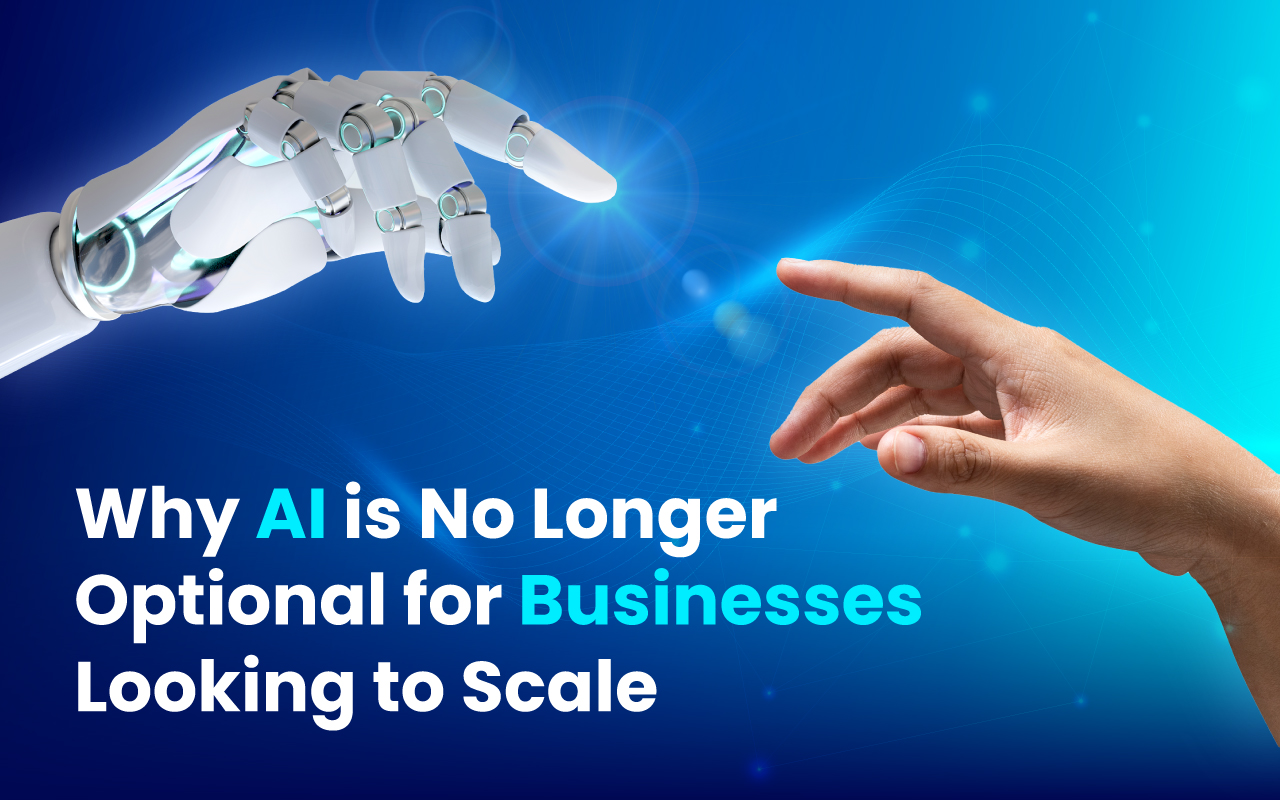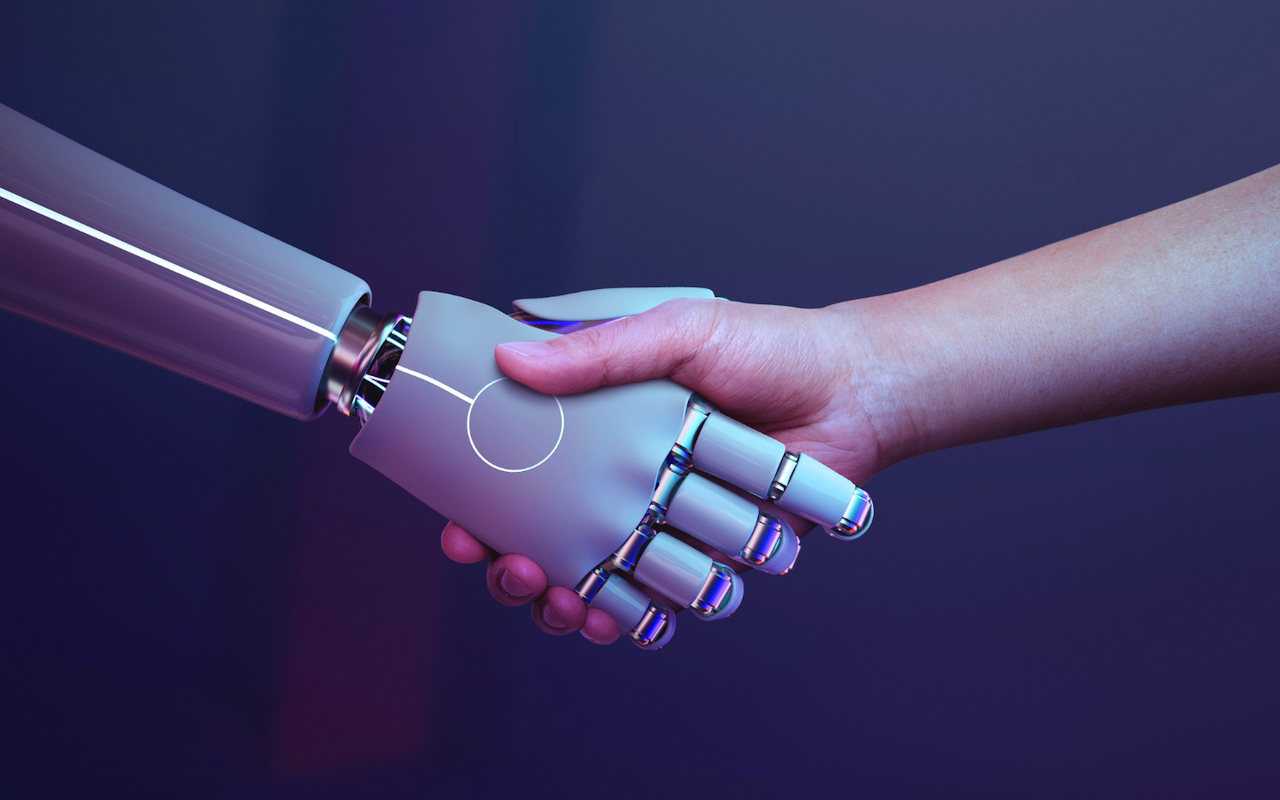
With a faster-paced world in which information spreads like wildfire, businesses need an edge to ensure that they keep at the forefront of any incident. AI media monitoring in determining future market trends is growing to be a vital strategy for any organizations that wishes to survive in the volatile markets. Ideas powered by real-time data and smart algorithms, AI-driven tools are able to process tens or hundreds of millions of media signals and forecast shifts in consumer sentiment, changes in an industry, or looming crisis.


